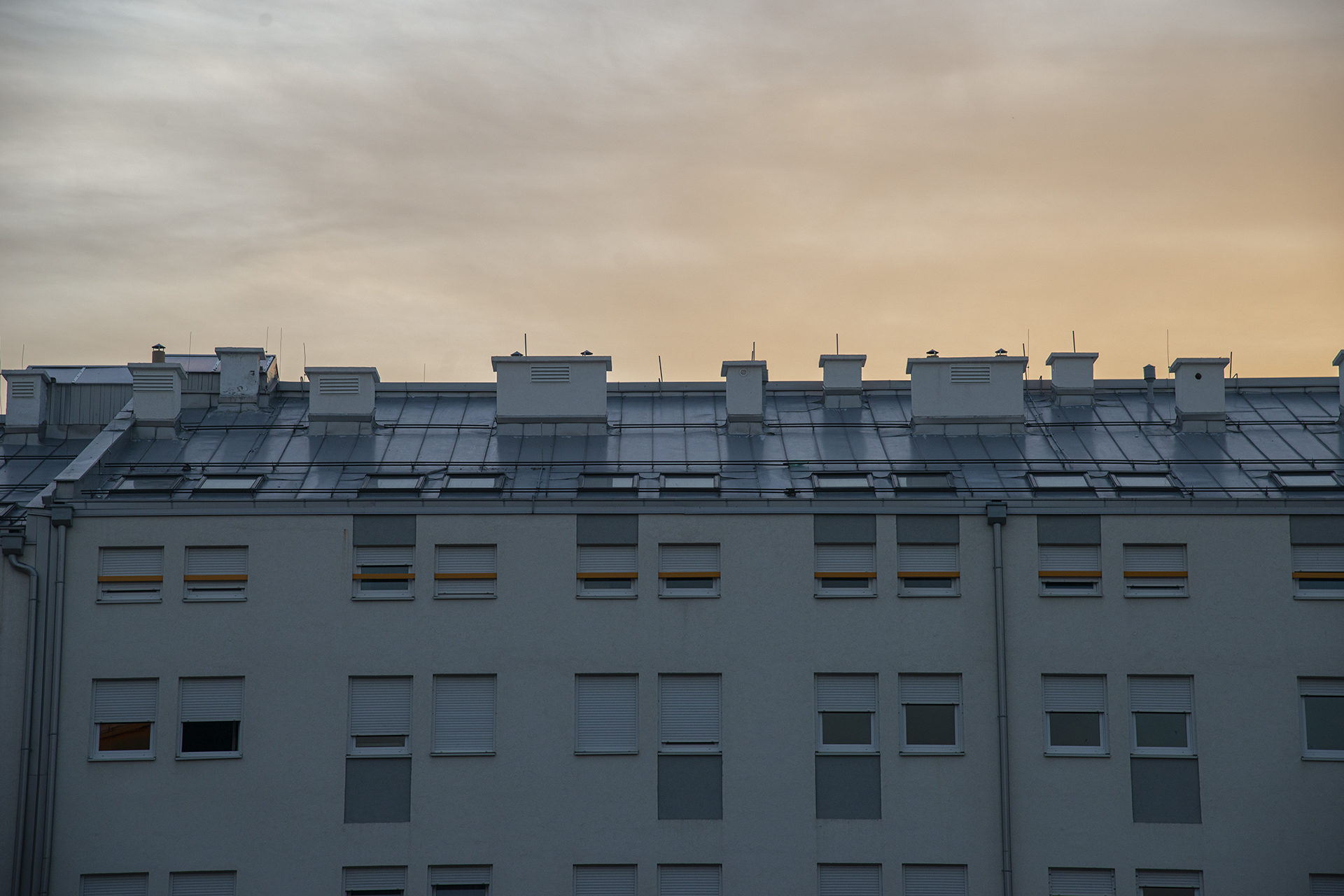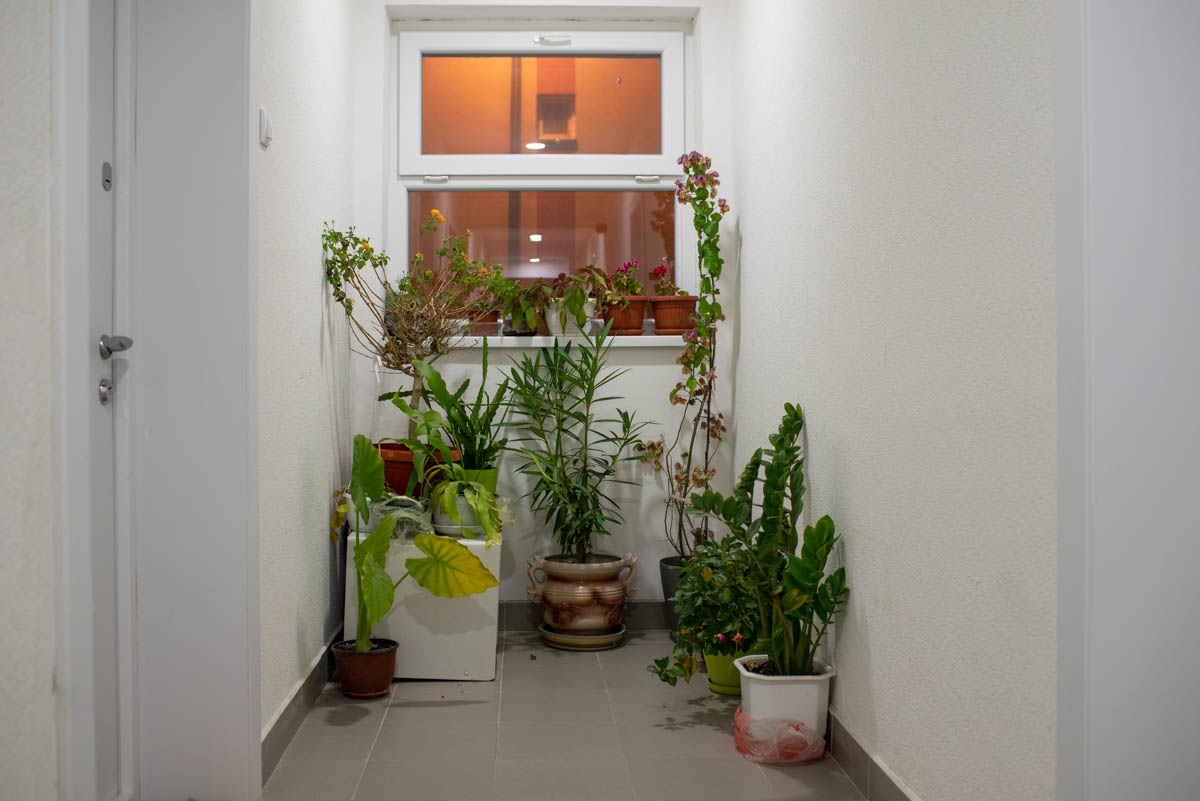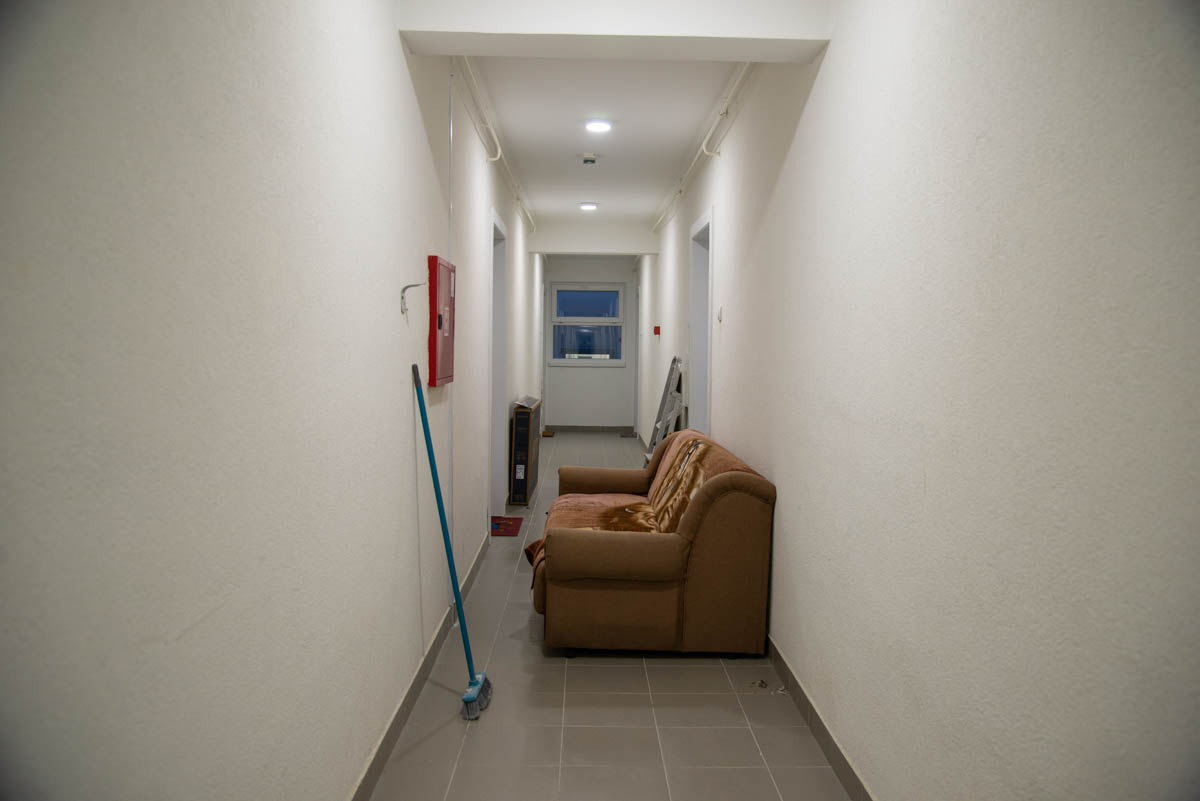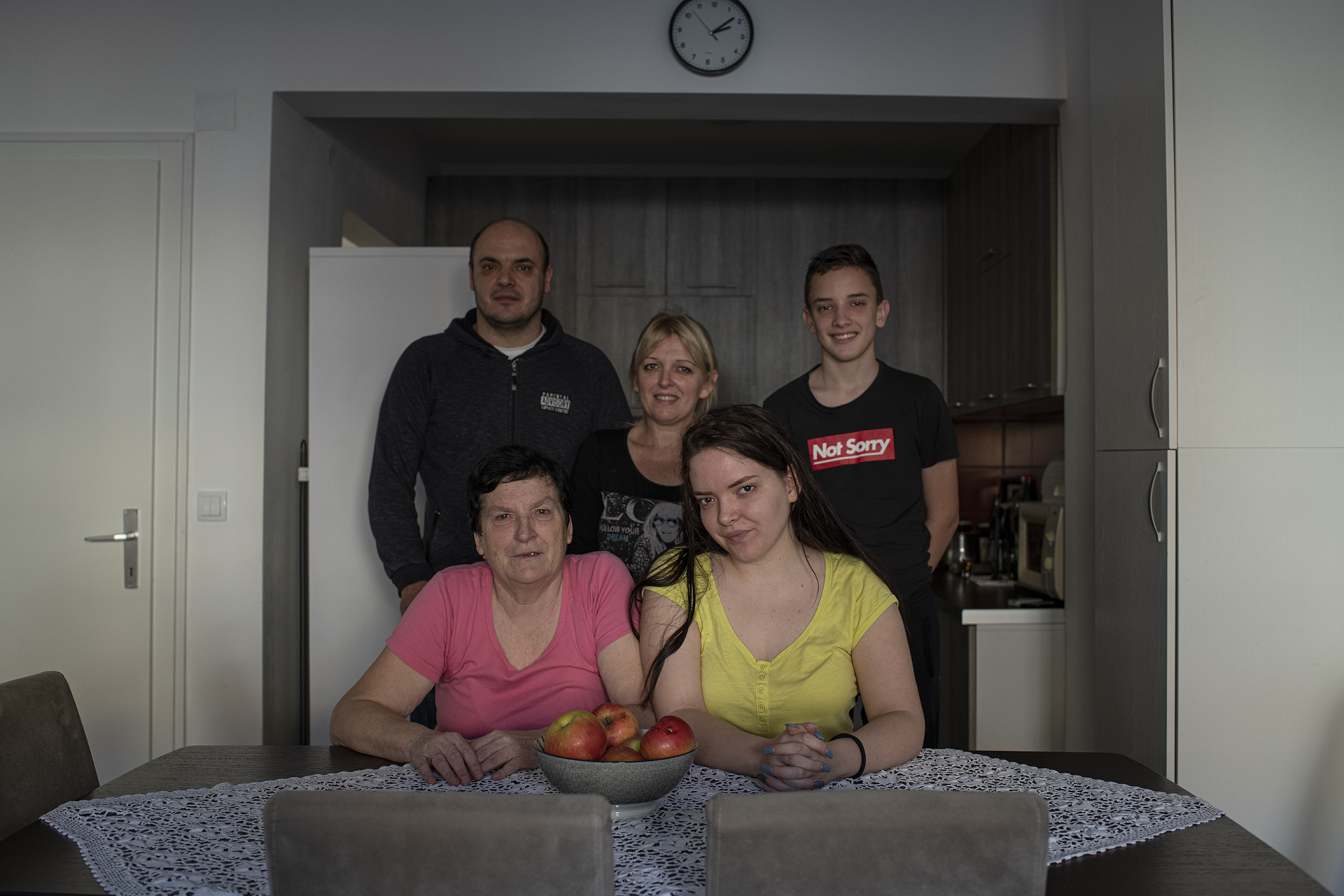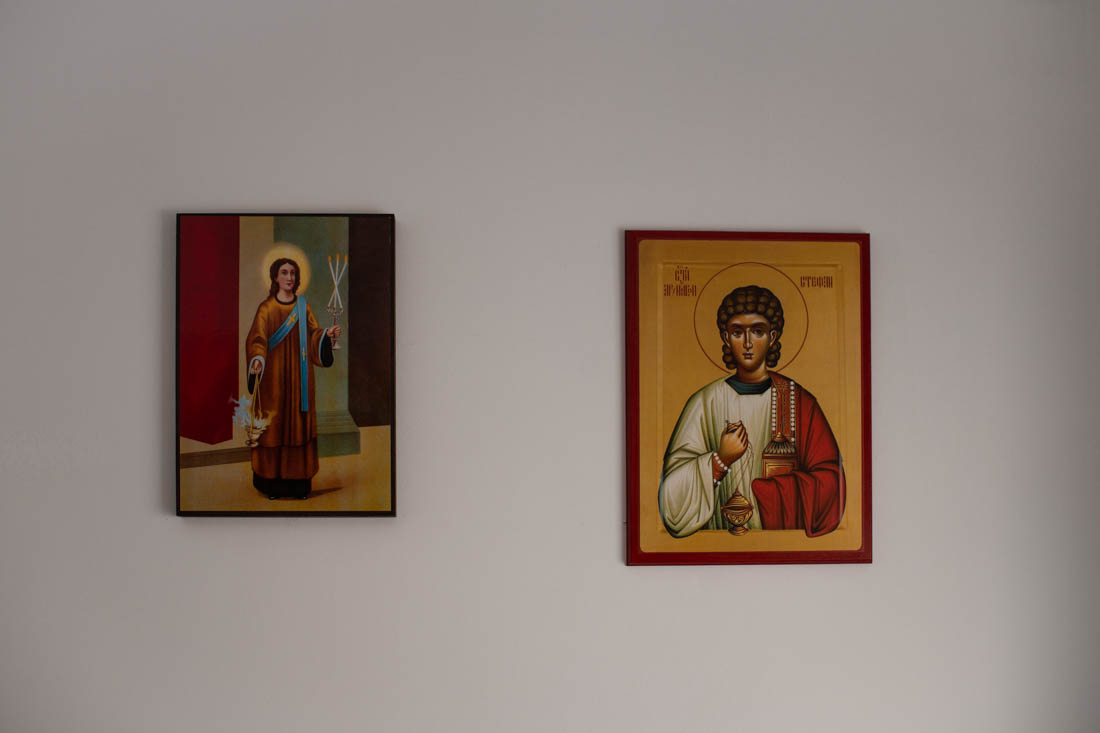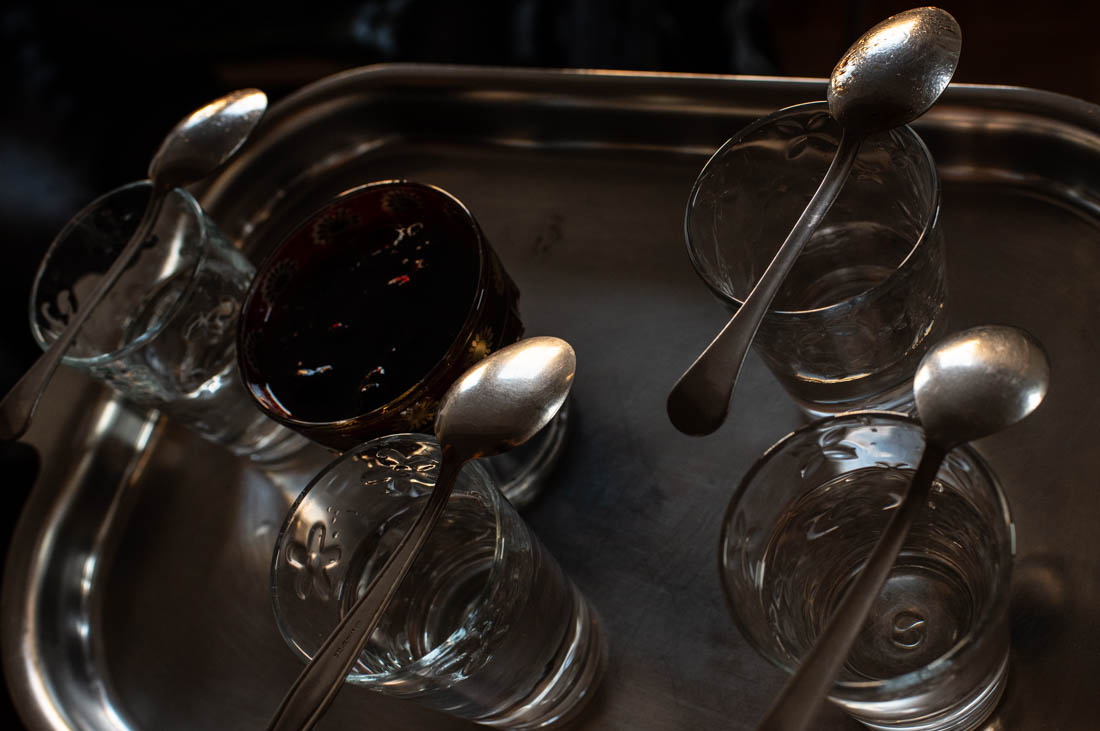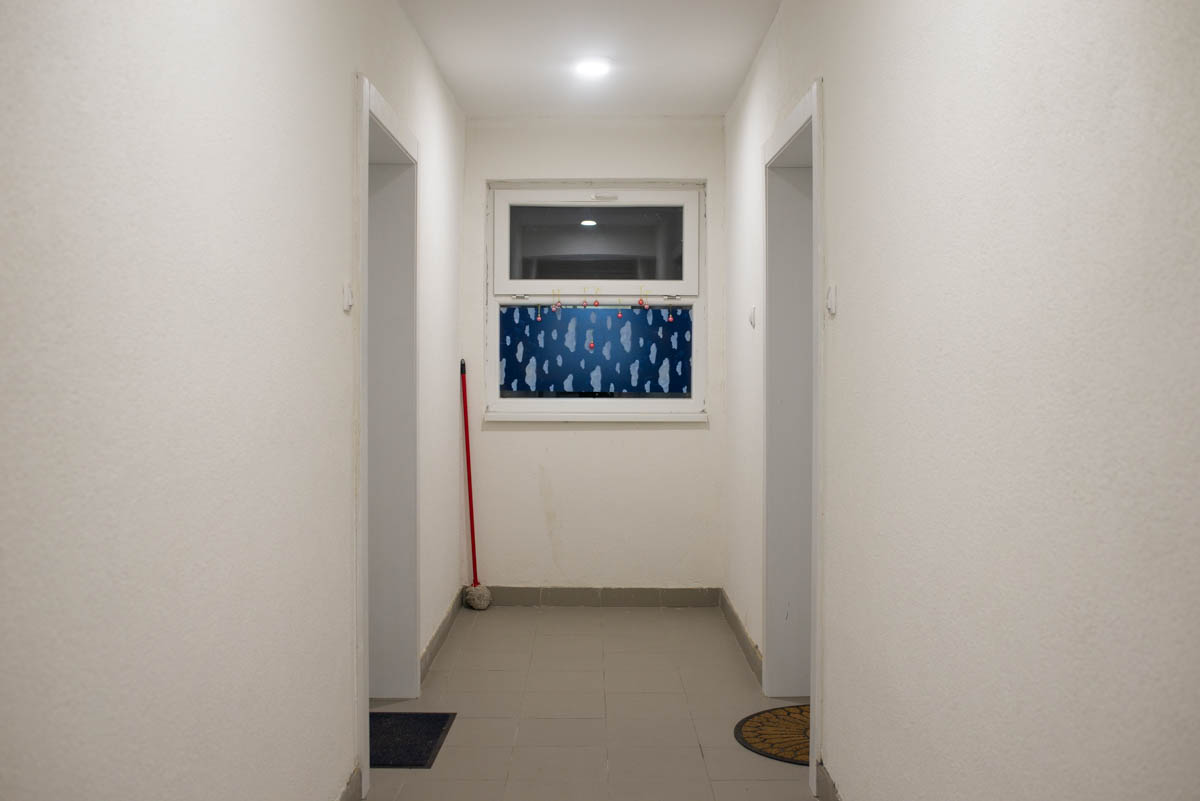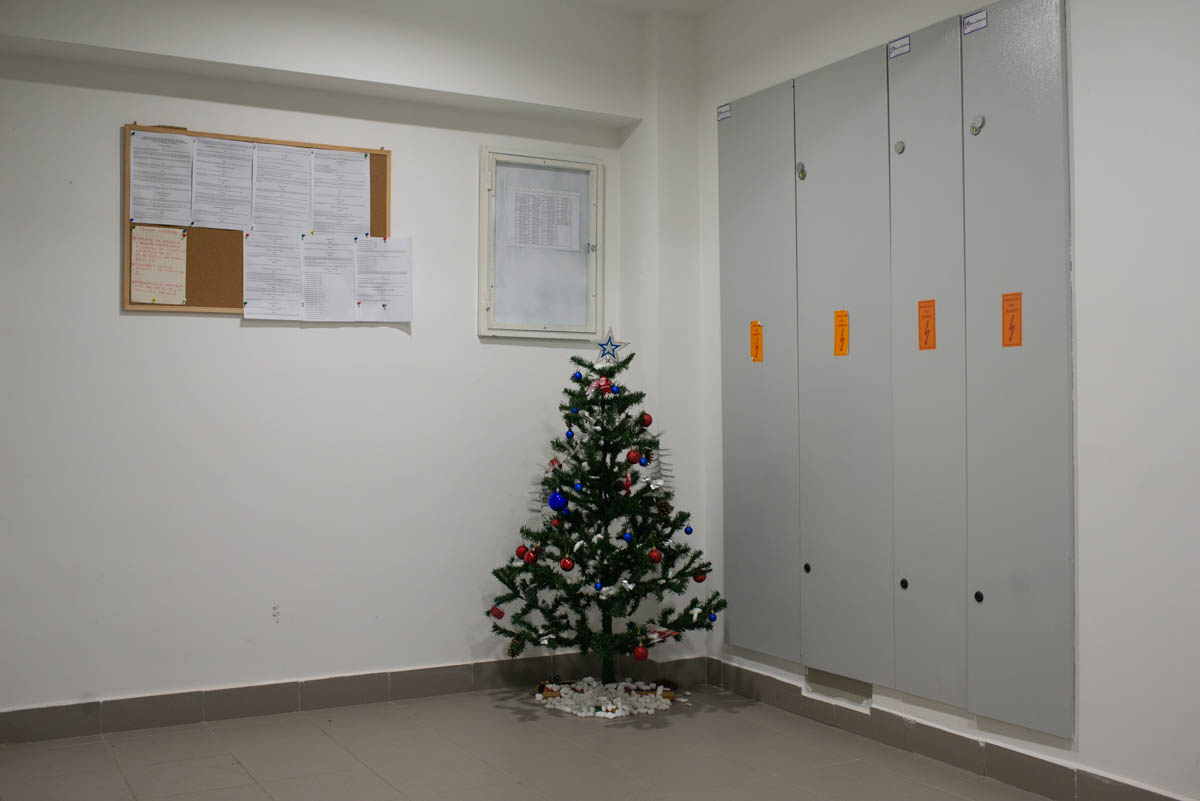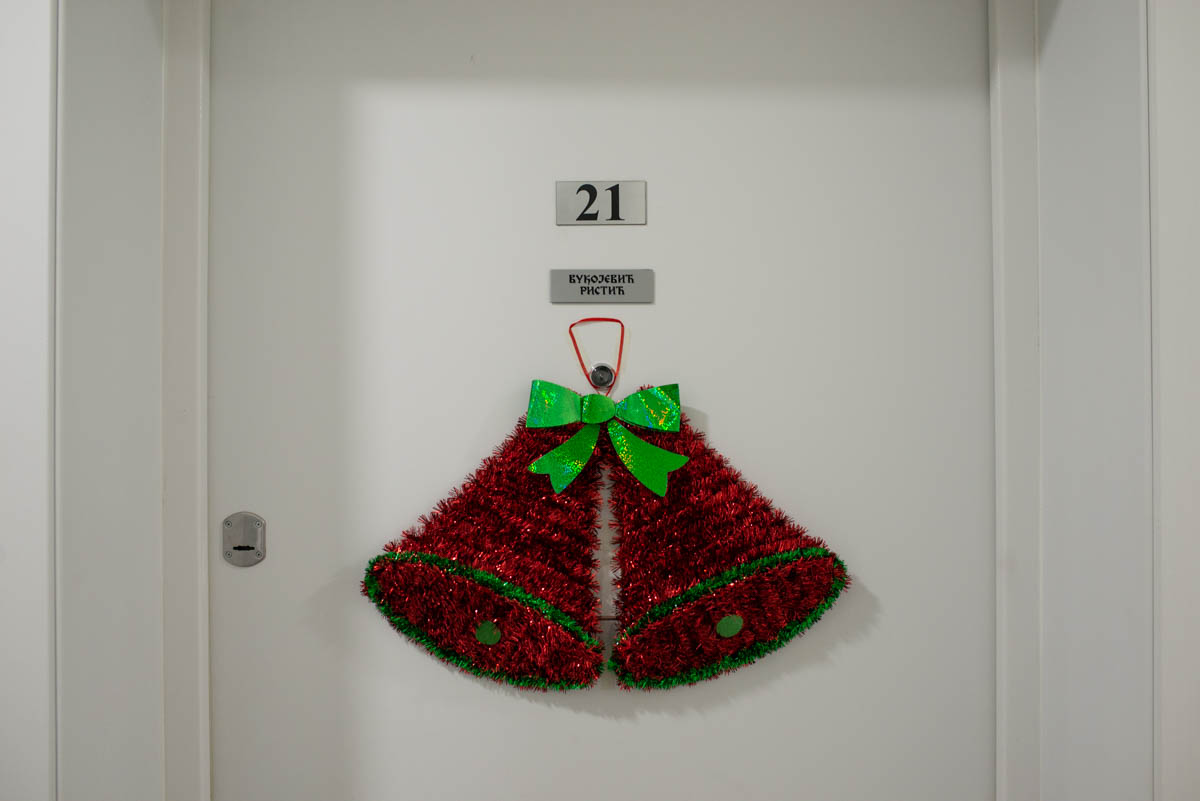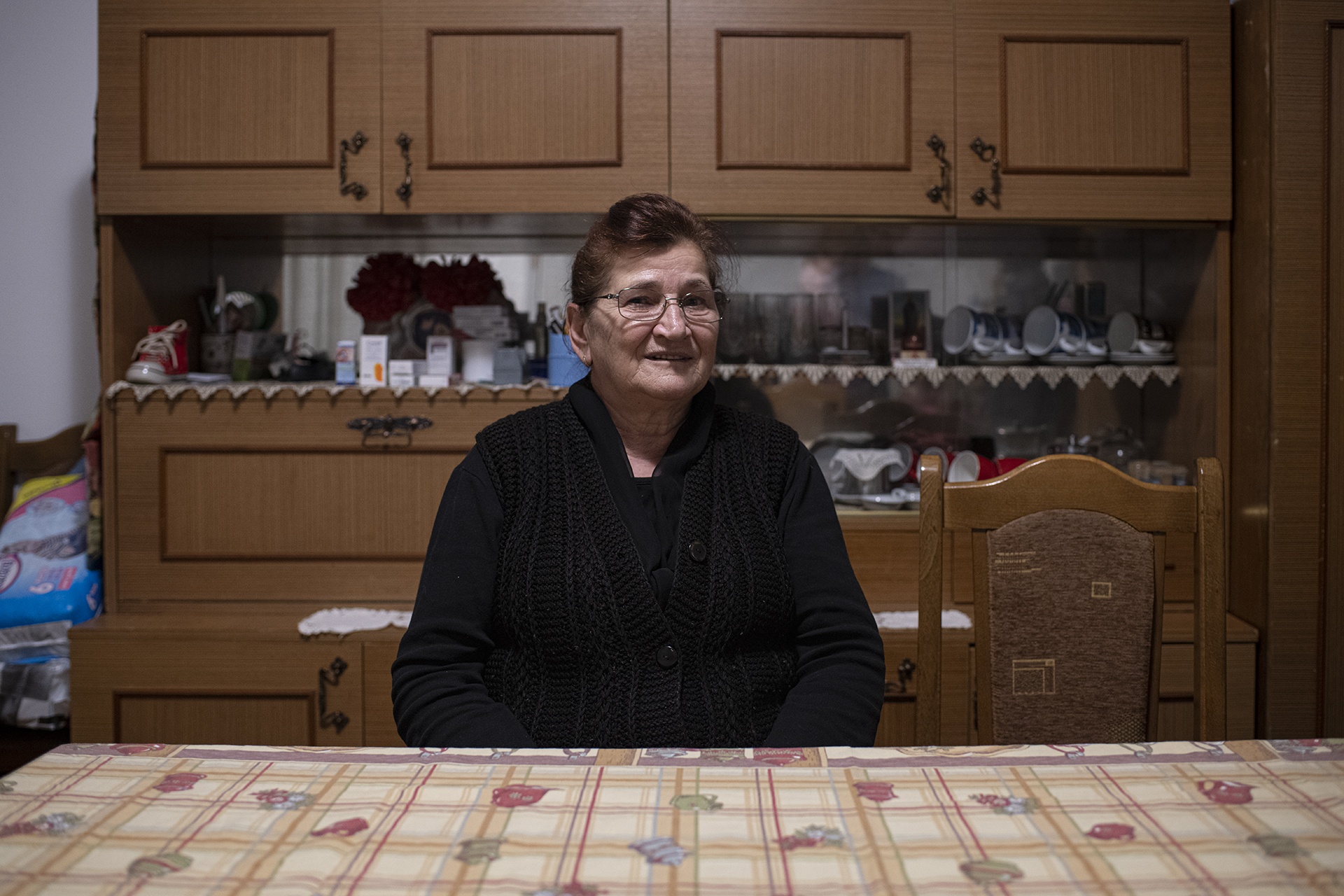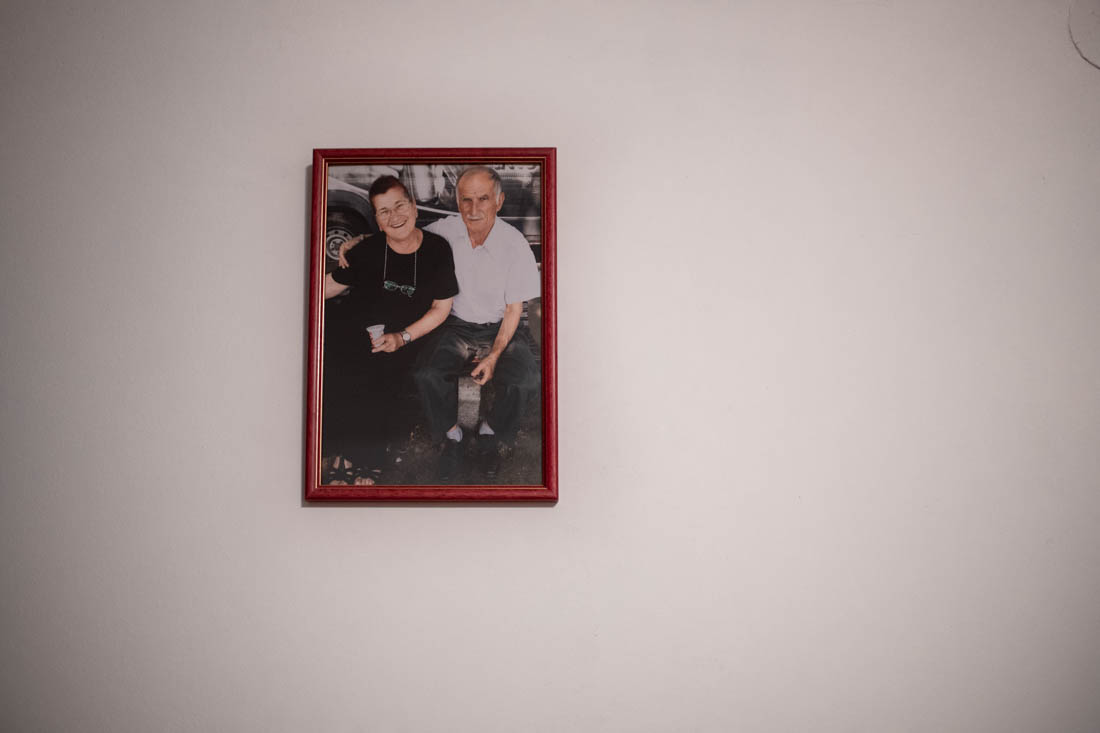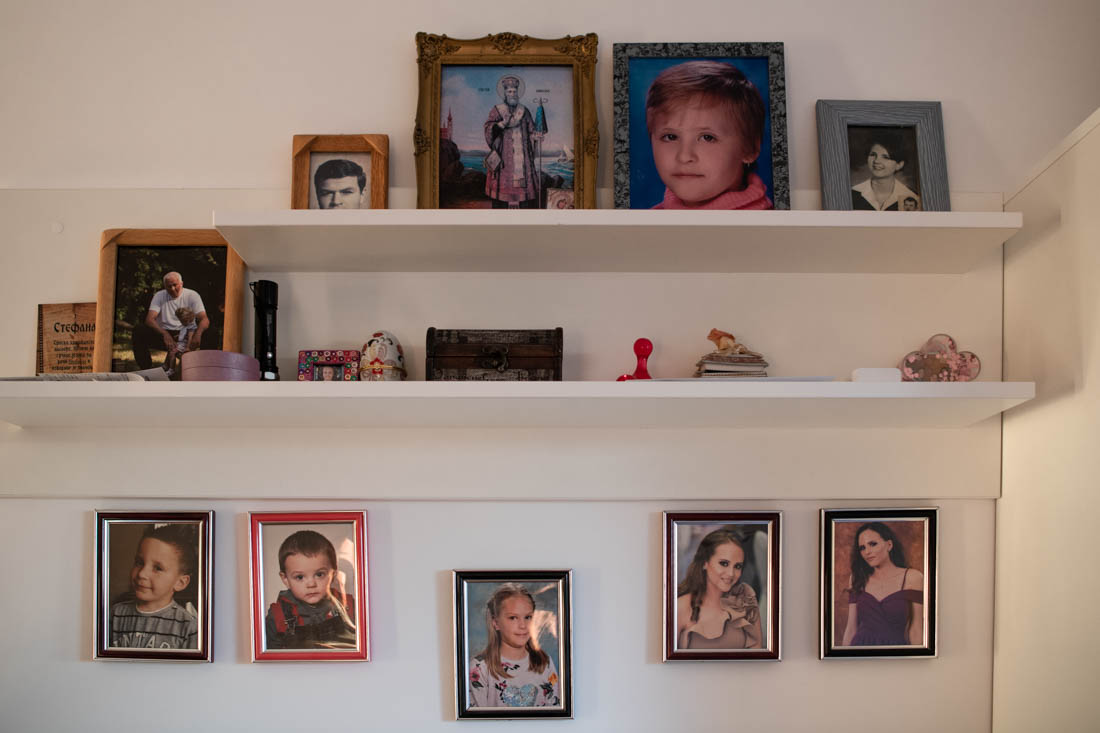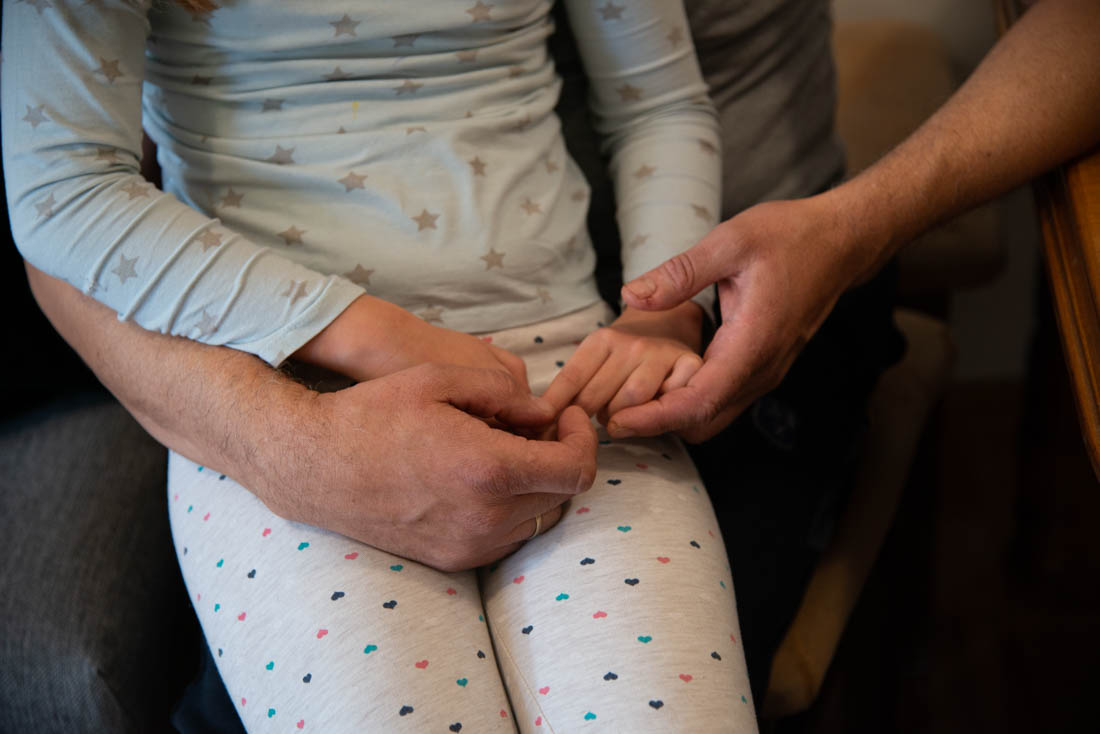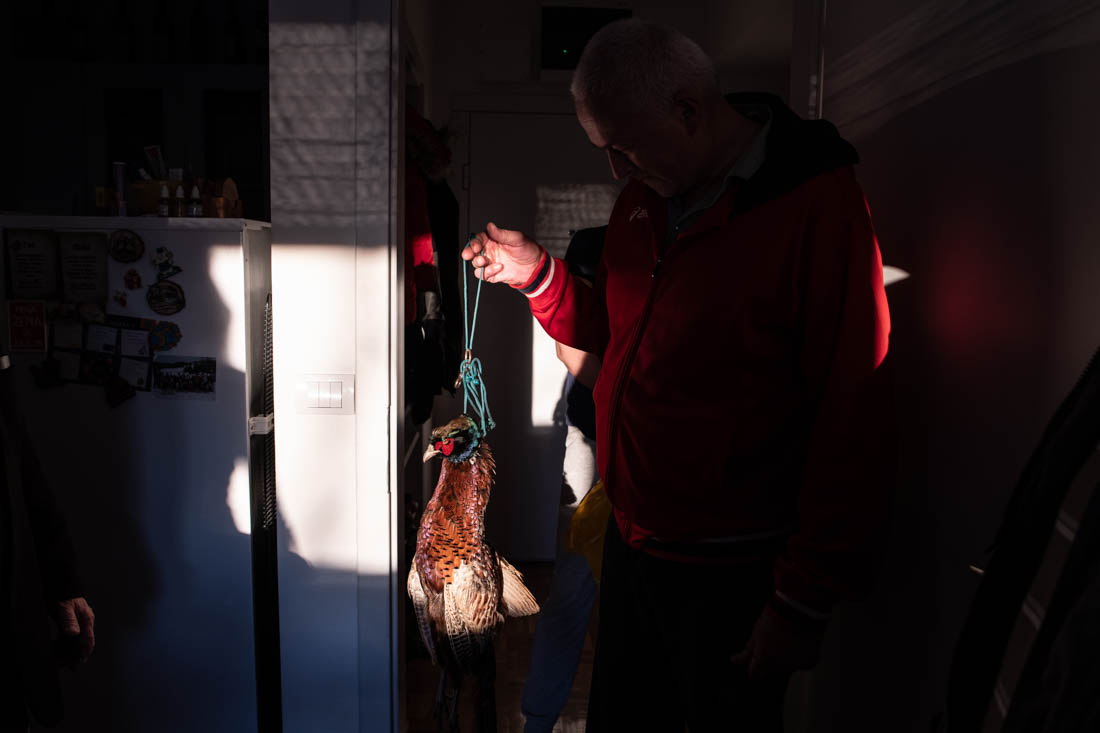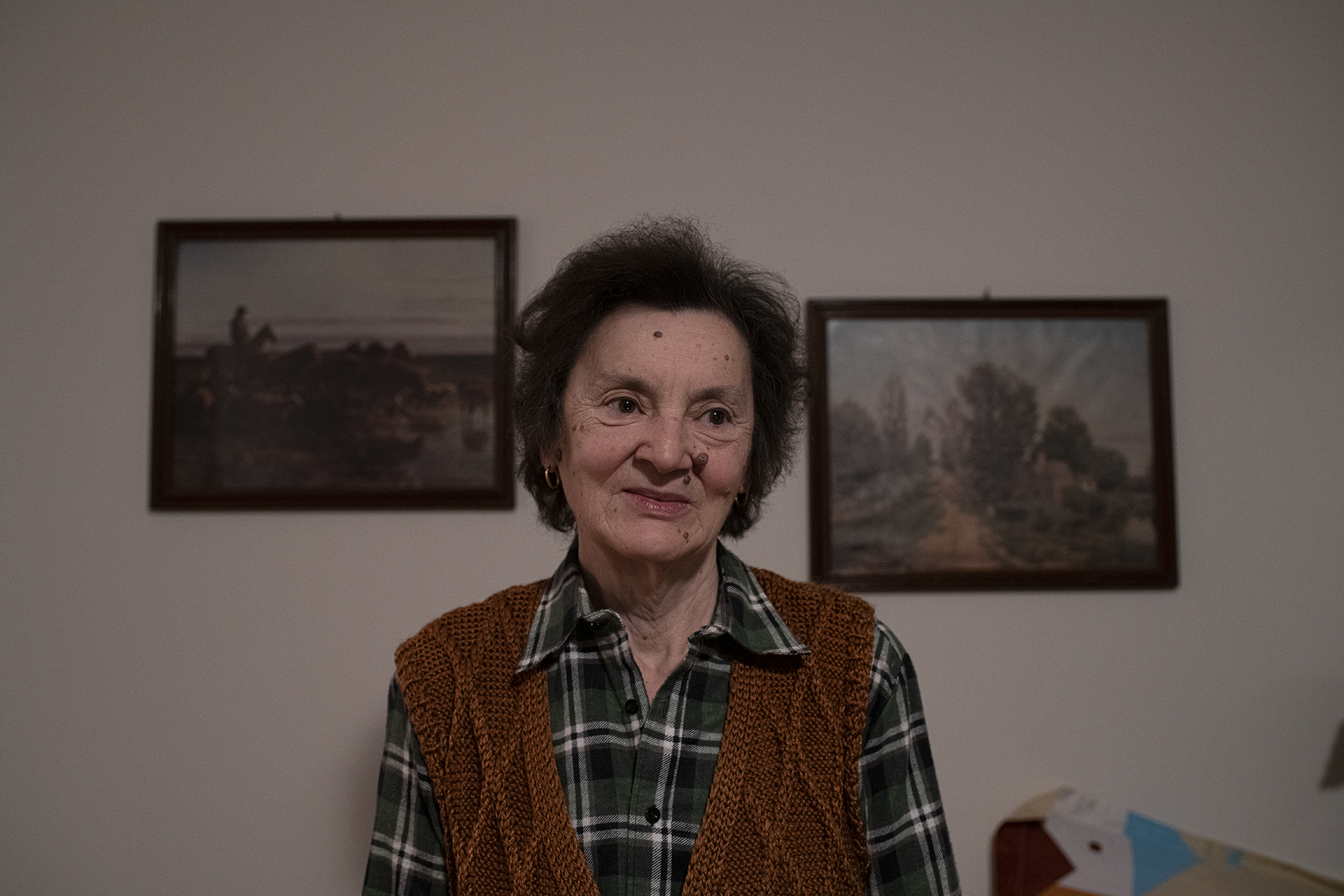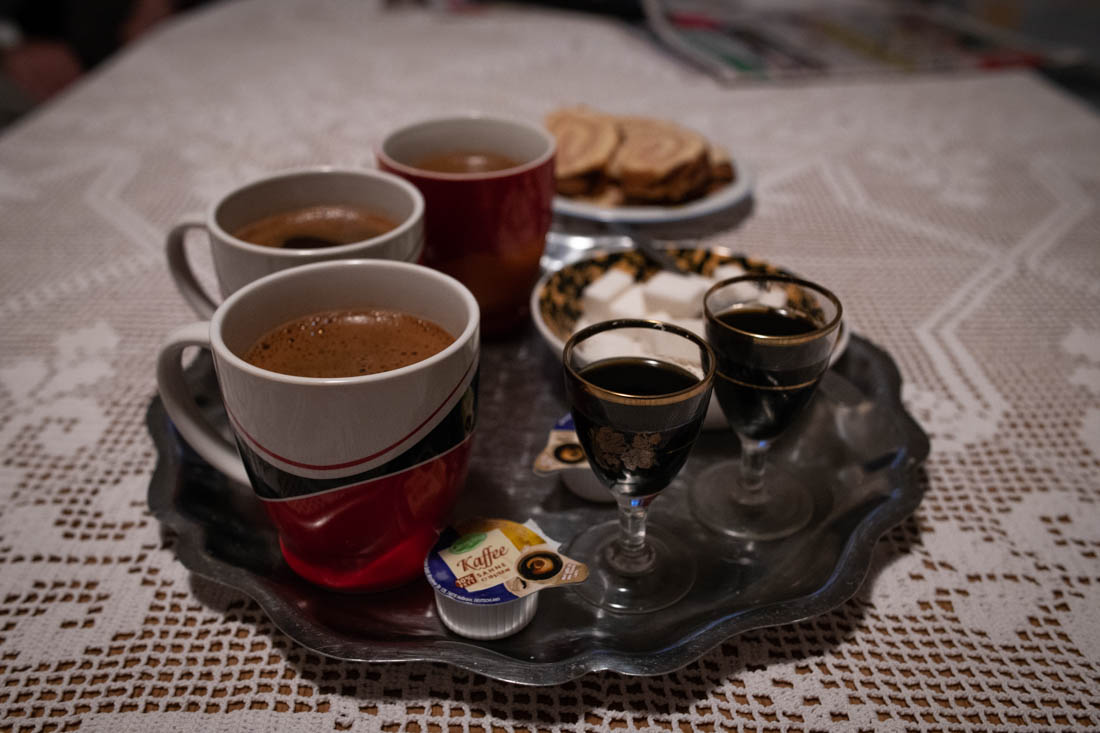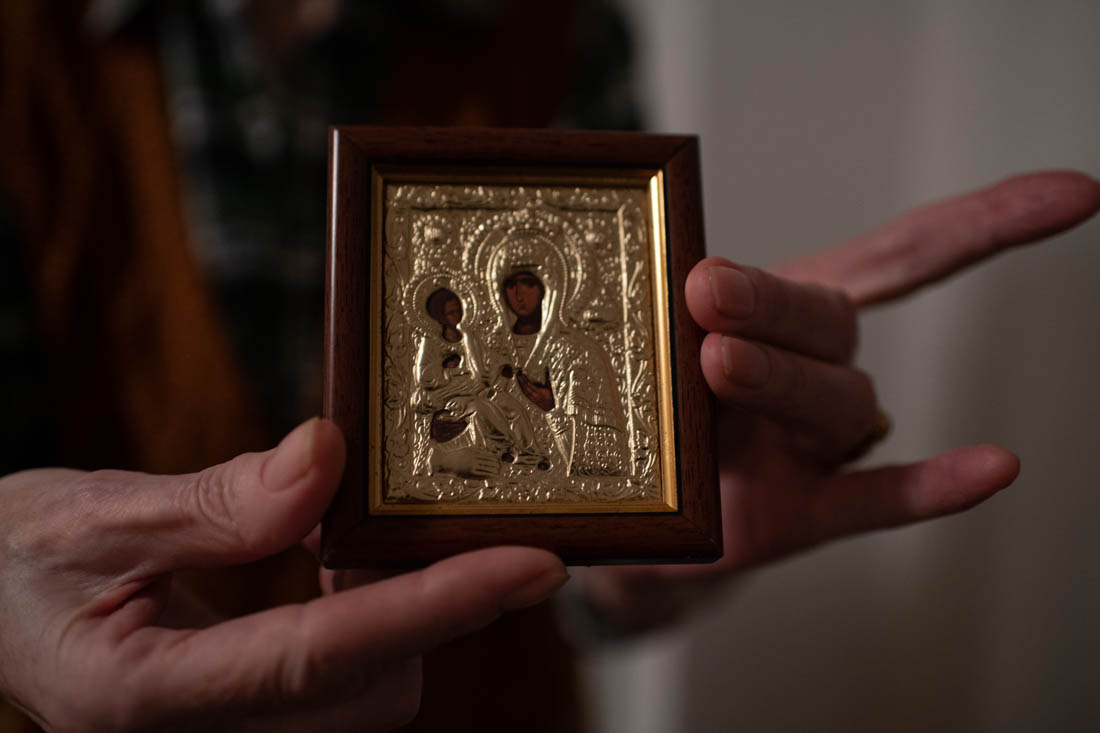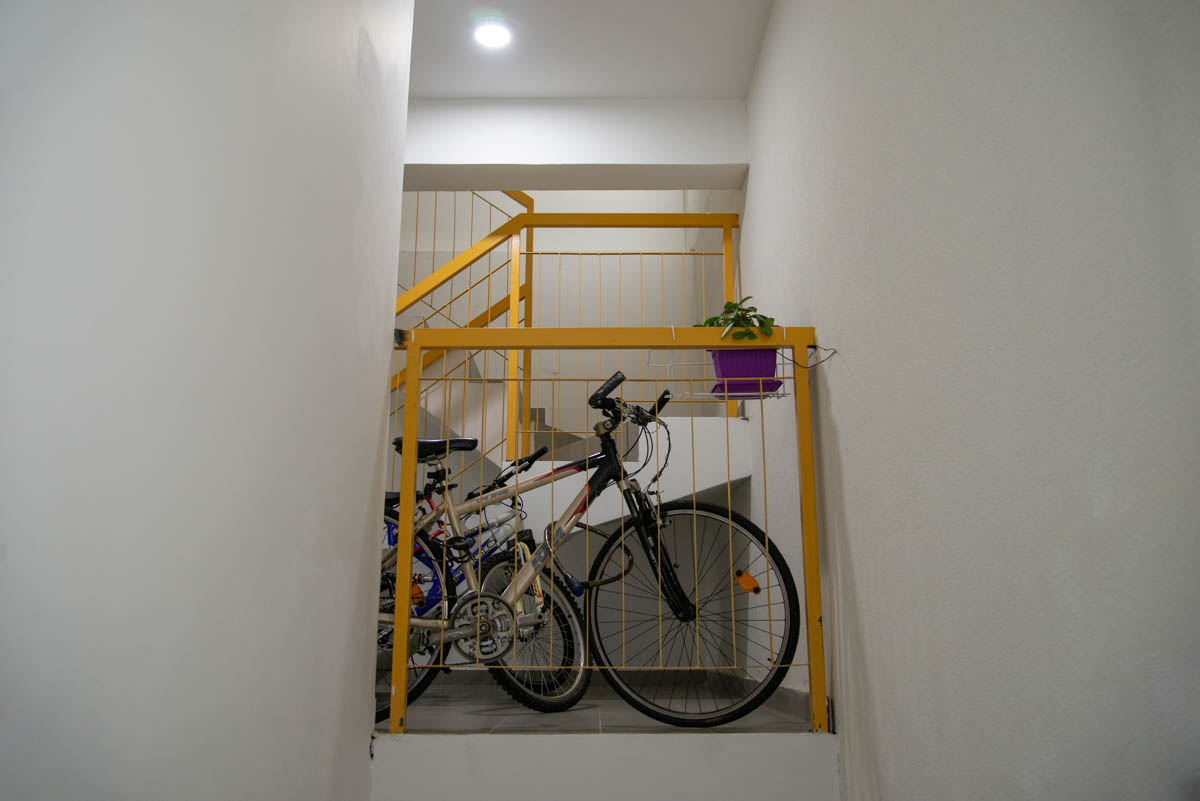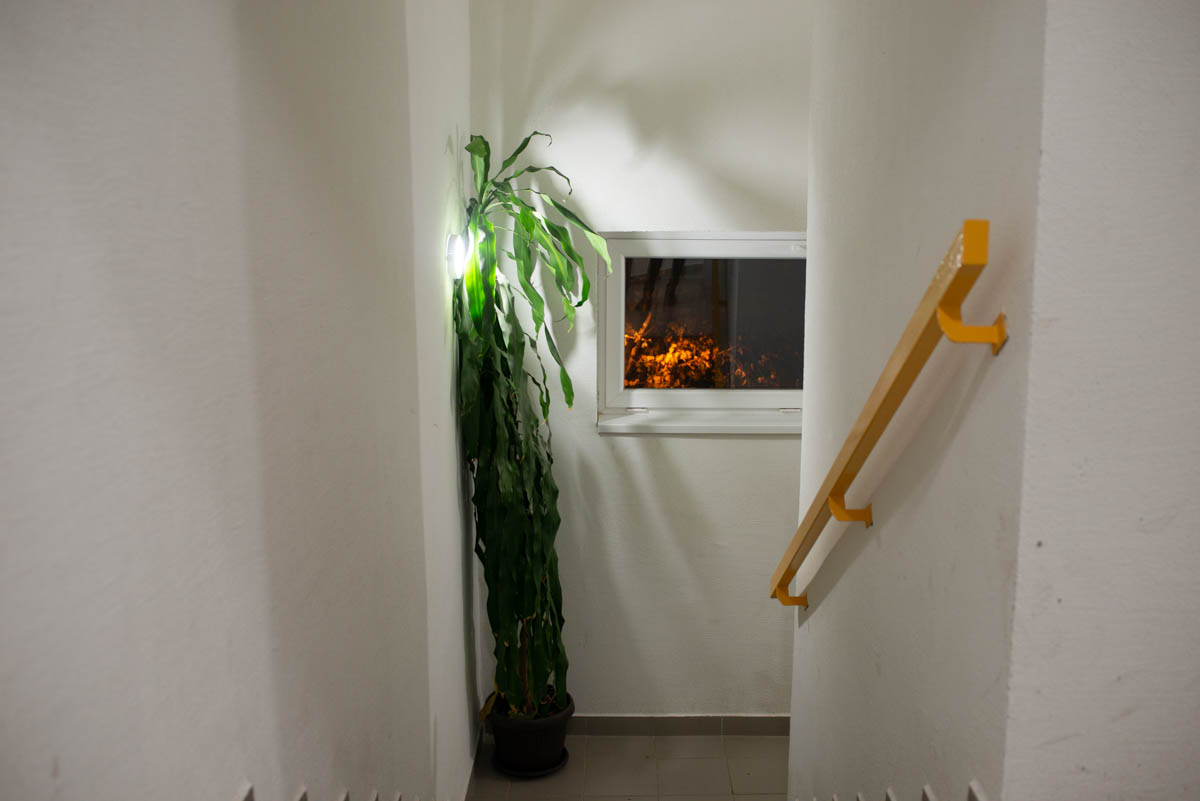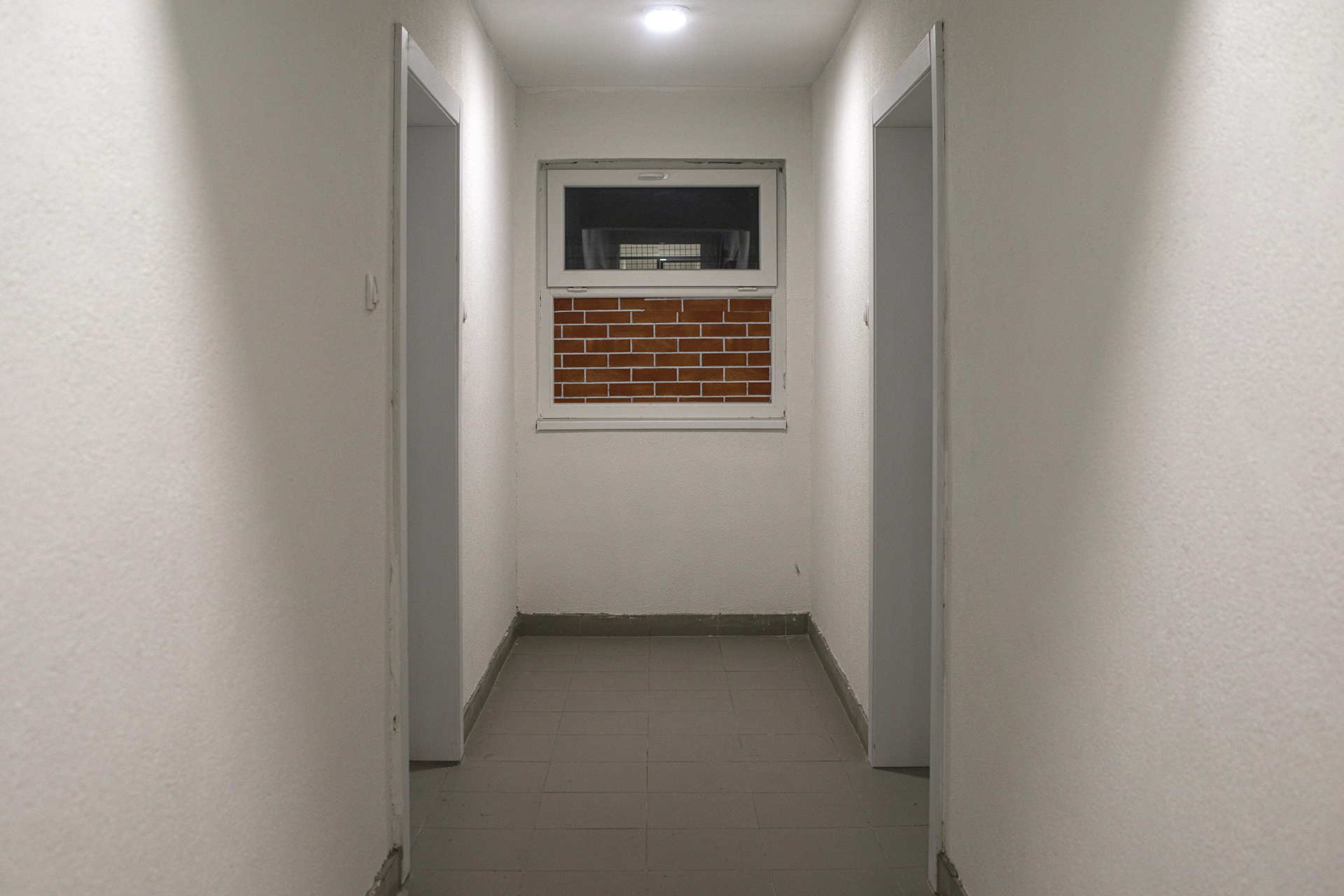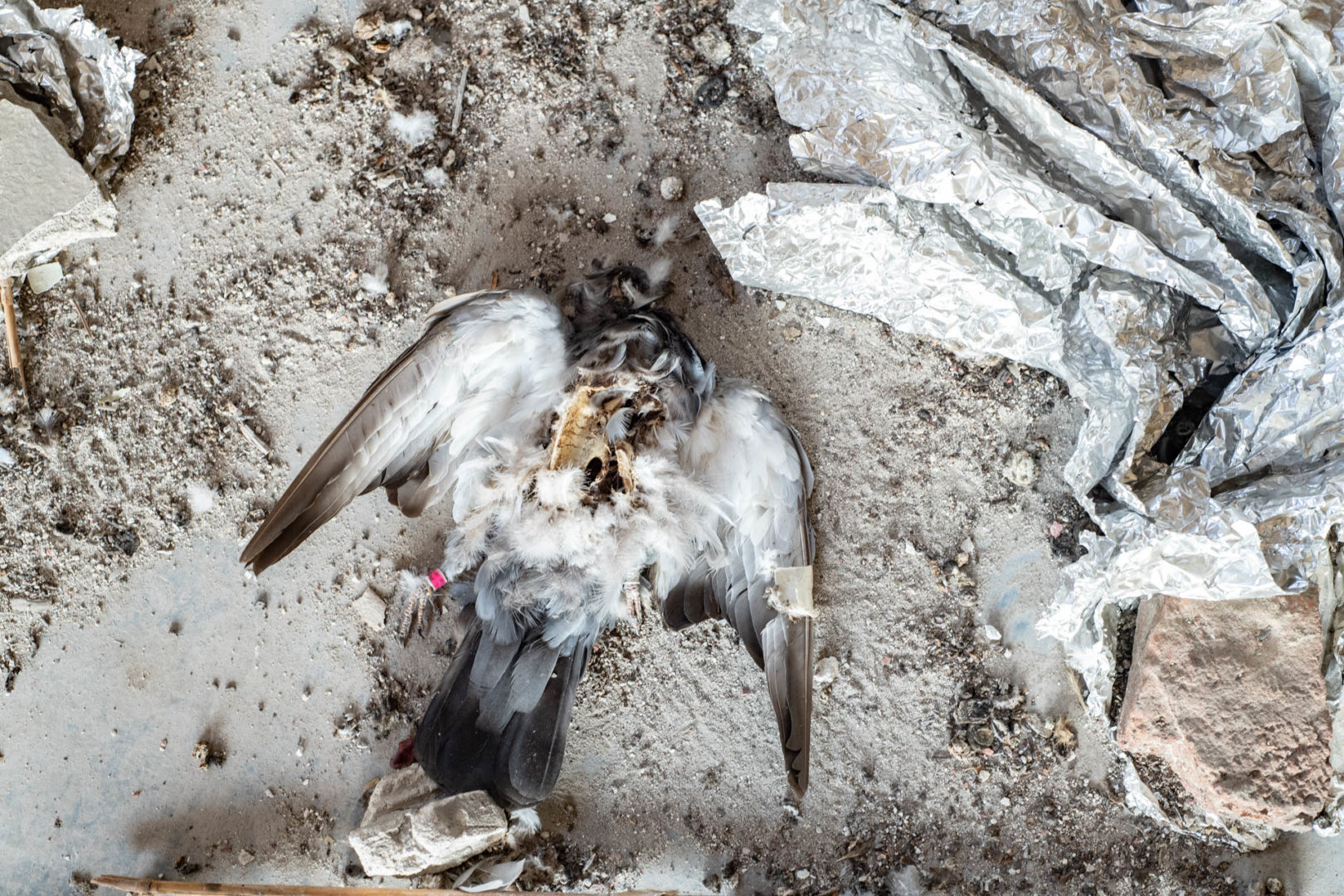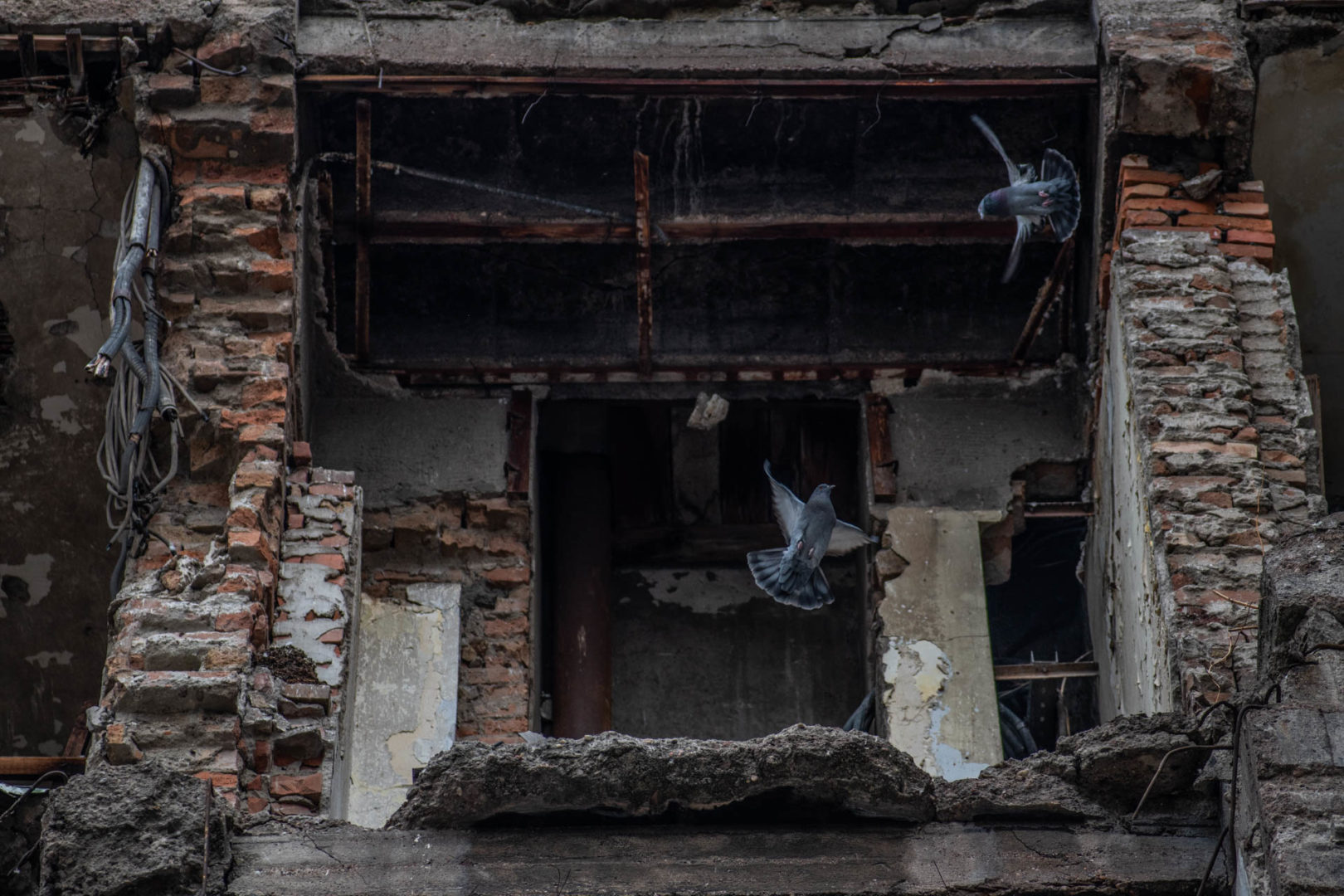Survivor’s trauma
In 2019 about 270 refugee families from Bosnia and Herzegovina and Croatia, who are resident in the territory of Belgrade, received new apartments and resettled in the Zemun district of Kamendin (urban neighborhood of Belgrade). The apartments were built within the framework of the Regional Housing Program (RSP) with the support of the OSCE and UNHCR.
The notion of some certain space has interesting layers in it, it can tell a series of stories. The choice and order of minor details and articles can draw interesting parallels between the lives, moods, behaviours, natures, and habits of people.
In the corridors one could sense a completely different culture, unlike to ours. It was so different, but, meanwhile, so dear.
The notion of some certain space has interesting layers in it, it can tell a series of stories. The choice and order of minor details and articles can draw interesting parallels between the lives, moods, behaviours, natures, and habits of people.
In the corridors one could sense a completely different culture, unlike to ours. It was so different, but, meanwhile, so dear.
Though they have white, clean apartments now, and it seems, that their heavy past would let them rest a bit, we understood from our conversation, that white corridors will hardly wipe away their emotions and memories.
The people, who live in this area now and have their registration addresses at last, are no longer refugees. Every family living behind the doors standing next to each other in the white corridors has its own story of fleeing. “It has happened”, says everyone there. The stress and trauma of the witnesses have calmed down a bit, but not disappeared. Today their life does not represent what was before, the past is merely present and survives with them in their present.
The people, who live in this area now and have their registration addresses at last, are no longer refugees. Every family living behind the doors standing next to each other in the white corridors has its own story of fleeing. “It has happened”, says everyone there. The stress and trauma of the witnesses have calmed down a bit, but not disappeared. Today their life does not represent what was before, the past is merely present and survives with them in their present.
“My biggest trauma is that I left everything I had, that I got sick here and lost my husband. Thank goodness, I have two children. They are fine. I think about how we were fleeing, and they were bombing us by planes from above. When you have no one, you are scared. The fear was great. There is no night for me to lie down without everything coming back to my eyes.” Stevanija Duric, 72
“There were people who asked us why we came at all. And there were good people who talked to us nicely. We had no problem with anyone. When Serbia was bombed, the people here saw how painful it was for us there (in Croatia) and they began to sympathize more with us. All in all, they accepted us well”. Stevanija Duric, 72
The family of Duric was the first one we were taking pictures of. In the middle of the conversation, when the eldest member of the family – Stevanija Duric – was emotional telling what had happened to them in the beginning of 90s, I asked her if she remembered any everyday details from their past, for example, the village, the landscape, or the curtains of the kitchen… She got more emotional and said that she didn’t remember anything but the torture, alas…
“My greatest trauma was when my daughter was captured. After that, she jumped out of bed for a month. She would jump and stand against the wall, looking at me and yelling mom-mom! I take her in my arms, she moans. We took her to see a doctor. She spent days walking and moaning. That is the biggest pain that remained”. Dragisa Dabic, 65
“My thoughts don’t go to those times. I’m a driver and sometimes when I’m alone, something comes back to me”.Stevo Gundelj, 51
“I married my husband in Croatia. I worked there and we lived there for 18 years. In 1991, we fled the town of Sisak. We came to my husband’s family and stayed until Operation Storm started. I went to save our neighbor, an old man. Then a grenade fell and hit me. I was in hospital in Bosnia, separated from my family. I didn’t know that my husband and daughter were there, and they didn’t know where I was. I was in the Banjica hospital for two months. They came to Belgrade with a refugee column. There was a girl with me in the Banjica who was left without a leg. Her boyfriend had seen me in Prijedor and now he recognized me in the hospital. I asked him to call my sister in Bosnia for my husband to find me.”
“We left everything. Gold and the rest of the stuff, I didn’t even take my handbag with the documents, everything was left because we thought we’d be back.”
“And when I fled to Belgrade, even then I was struggling. I was scared for my daughter. You know, it is important at a crucial age for a child to have a good life, and I did not know what would happen to my daughter and what her options would be.” Nevenka Radisevic, 69
“There is one pain and it will remain forever, it cannot be cured or wiped away. There can be no greater trauma than when you see that your wife is falling and her arm is blown out. We tore a curtain and some dress to tie her hand. The bomb shrapnel hit her. I am a man, it would be easier for me to endure such pain. When I saw that her arm was blown, I first thought that they would have to cut it off. If they do that, what will she do then? We’ll carry it with us while we’re alive. No one can heal this, and we don’t even ask for someone to heal these wounds because they are ours.” Milan Radisevic
“I now have a new home and I am happy. I am satisfied. I at least know that this is mine. I had an apartment and a big house in Sisak. I was left without anything. We couldn’t sell it and use the money to buy something in Serbia. We got this and feel grateful, one must be humble.” Nevenka Radisevic, 69
City’s trauma
People’s destroyment of the environment created by other people has a memory too.


